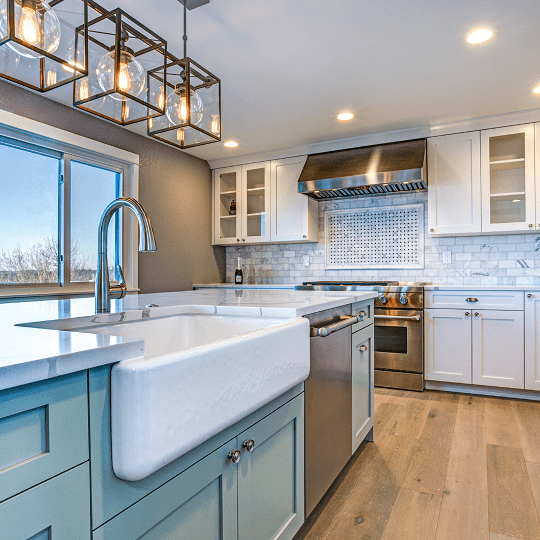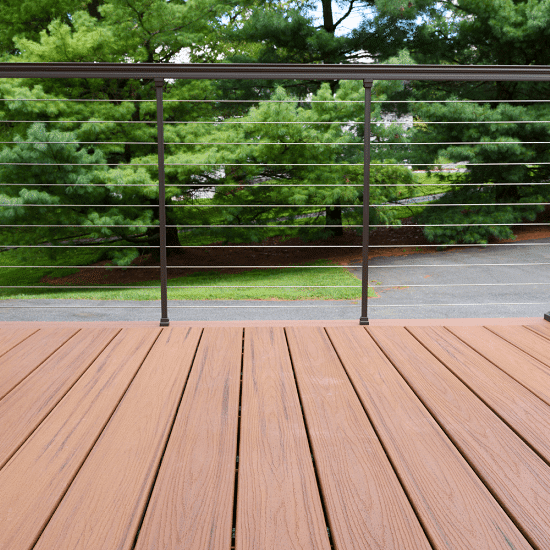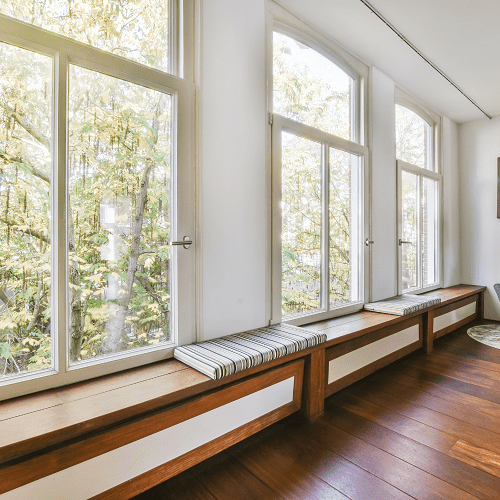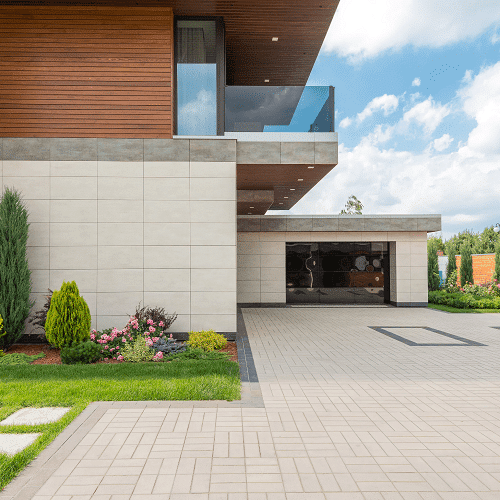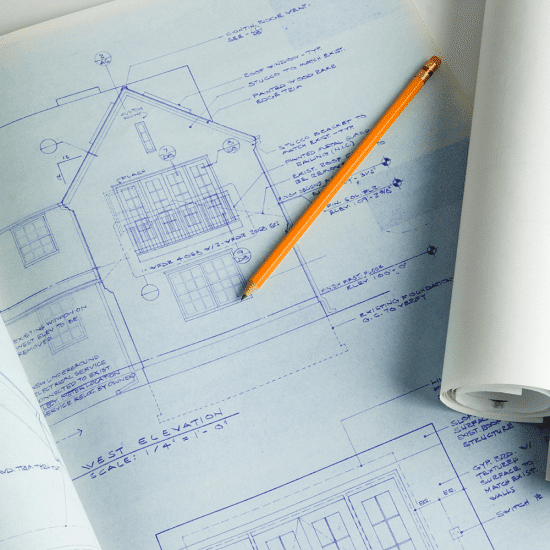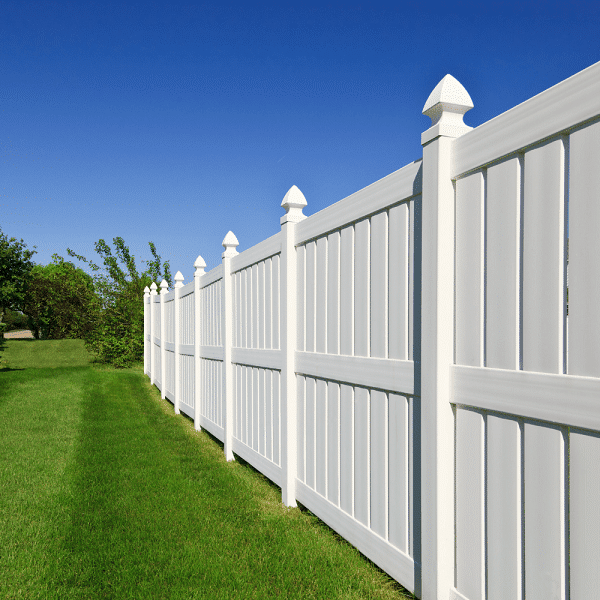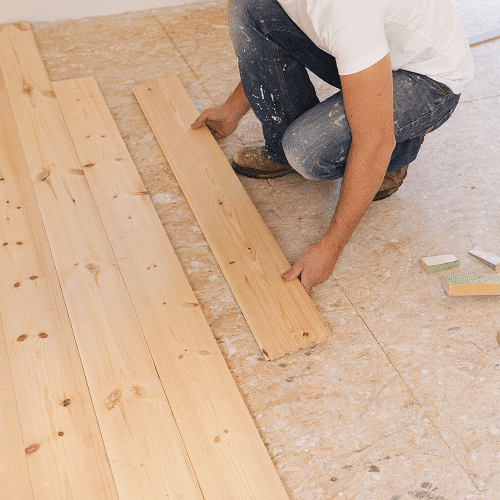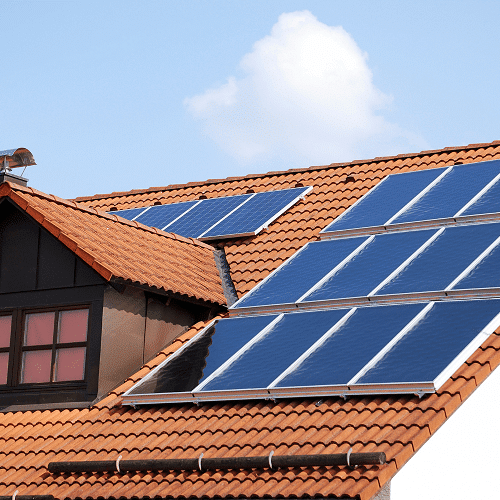Deck Financing
Get pre-qualified for a deck loan in just minutes. Checking rates won’t affect your credit score






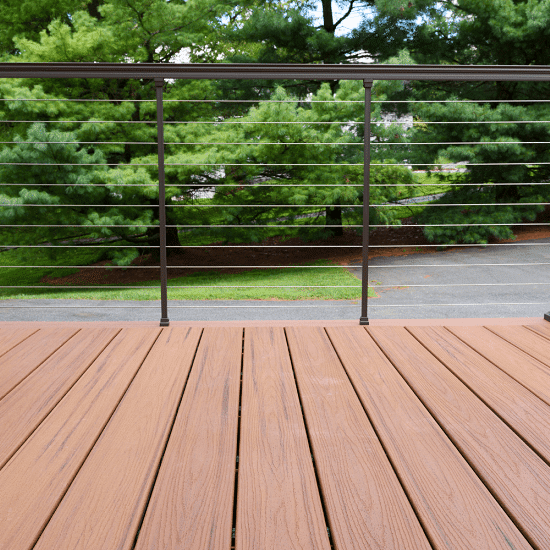
How to Pay For Your New Deck or Patio [Options]
We all want that perfect outside space where we can enjoy time in the sun with good friends and family but getting that ideal area can be expensive. A deck can provide you with the space you need to entertain or just spend some quiet time outside, but the high cost can be difficult to cover without financial aid. Deck financing can provide you with the funding you need to cover materials, installation, and labor costs without having to clear out your savings.
Applying for a deck or patio loan is simple:
How Pasha Funding Works

Compare personal loan rates
Compare personal loan rates in November, 2024
Can you finance a deck?
Yes, it is possible to finance a deck or patio. Financing options for deck or patio projects may vary depending on factors such as the scope of the project, your financial circumstances, and the lender's policies.
How can I finance my deck or patio?
Below are some of the most common ways to finance a deck or new patio:
- Savings: You should always consider using savings as your first option because it will save you money on interest and other costs associated with borrowing. Even if you can only cover some of the cost with savings, it will make your new deck much more affordable, minimizing the risks of debt.
- Personal Loan: If you don’t have enough savings, or don’t want to wait, one of the most popular ways to finance a deck is with a personal loan. A lender can provide you with a lump sum, often within one week, which you are then required to pay back in weekly or monthly installments, over a fixed term, with added interest. The amount you will get, as well as the interest rate offered, will depend largely on your creditworthiness.
- Credit Card: It is unwise to use a credit card to cover large expenses as their high interest rates make them particularly expensive. That said, if you are able to get a 0% APR introductory period, or qualify for an interest rate lower than 6%, this may still be a viable option to finance your deck.
- Financing through builder: You may have the option of financing a deck through your builder, although this won’t be available for all. Builders and contractors may offer 12- or 18-month financing through a third-party lender or credit union for costs of $10,000 and above, often with desirable rates. If your deck builder offers financing, make sure to do your research to ensure you can’t get a better deal elsewhere.
- HELOC: A Home Equity Line of Credit provides you with financing that you can use as and when you need to, only paying interest on the amount you use. With higher borrowing amounts and low interest rates, this is a great option for large purchases, but be aware that this type of financing puts your home at risk as it is used to secure the loan.
- Home Equity Loan: A home equity loan, often known as a second mortgage, works in a similar way to a personal loan. However, be clear that, like a HELOC, your home is put up as collateral so, if you default on loan repayments, you may forfeit your home to cover the amount owed.
Best deck financing options
Securing financing to build your own new deck will allow you to tap into funds based on your needs. Below is a breakdown of some of the lenders that offer deck loans:
| Lender | Loan Type | Minimum Credit Score | Loan Amount Range | APR Range | Repayment Term Range | Origination Fee | Additional Features |
|---|---|---|---|---|---|---|---|
| Lightstream | Personal Loan | 660+ | $5,000 - $100,000 | 4.99% - 15.99% | 24 - 84 months | None | Same-day funding, no collateral required |
| Upgrade | Personal Loan | 580+ | $1,000 - $50,000 | 7.99% - 35.99% | 24 - 84 months | Up to 6% | 0% APR financing options, mobile app for loan management |
| Figure | Line of Credit | 670+ | $5,000 - $30,000 | 7.49% - 24.99% | 6 - 60 months | 0.5% - 1.5% | Access funds as needed, mobile app for managing line of credit |
| Upstart | AI-powered Personal Loan | 560+ | $1,000 - $35,000 | 5.99% - 35.99% | 6 - 60 months | Up to 8% | Faster approvals for borrowers with limited credit history |
| Discover | Personal Loan | 660+ | $2,500 - $40,000 | 6.99% - 17.99% | 36 - 84 months | $39 - $99 | Fixed monthly payments, autopay discount |
Can you finance a Trex deck?
Yes, it is possible to finance a Trex deck. Trex is a popular brand of composite decking material known for its durability and low-maintenance characteristics. When financing a Trex deck or any other type of deck, you can explore various financing options available for home improvement projects.
Do deck companies offer financing?
Yes, many deck companies offer financing options to their customers. Offering financing is a common practice in the home improvement industry, including for deck projects. By providing financing options, deck companies aim to make their services more accessible and affordable for customers who may not have immediate funds available for the project.
Quick links

Ready to apply for a deck or patio loan? Get started.
Need help finding the right loan?
No worries, we've got you covered! Compare personalized loan options in just minutes.
What are the pros and cons of deck financing?
PROS
- Affordability: Financing allows you to spread the cost of your deck project over time, making it more affordable in the short term by breaking down the payments into manageable installments.
- Immediate Access: Financing enables you to start your deck project right away without having to wait until you have saved up enough money. This is particularly beneficial if you want to enjoy your deck during the current season or if you have time-sensitive plans.
- Flexibility: Financing options provide flexibility in terms of repayment terms and loan amounts. You can choose a loan that suits your budget and repayment capabilities, allowing you to customize the financing to your specific needs.
- Increased Property Value: Adding a deck to your property can increase its value and appeal to potential buyers if you decide to sell in the future. By financing the project, you can potentially enhance your property's market value.
CONS
- Interest Payments: Financing involves paying interest on the borrowed amount, which increases the total cost of your deck project. Depending on the interest rates and repayment terms, the overall cost can be higher than if you were to pay for the deck in cash.
- Debt and Obligations: Taking on a loan means taking on a financial obligation. You will have to make regular payments over a specific period, which can impact your monthly budget and limit your financial flexibility until the loan is fully repaid.
- Qualification Criteria: Depending on the financing option and lender, there may be certain qualification criteria you need to meet, such as credit score requirements or income verification. If you don't meet these criteria, securing financing may be challenging or result in less favorable terms.
- Potential Risks: If you fail to make timely payments or default on your loan, it can negatively affect your credit score and financial standing. It's crucial to assess your ability to meet the loan obligations and choose a financing option that aligns with your financial situation.
How long do decks last?
Decks can last for a varying length of time depending on factors such as materials used, construction quality, maintenance, and exposure to weather conditions. According to the North American Deck and Railing Association (NADRA), the typical lifespan of a deck ranges from 10 to 30 years. However, this estimate can vary significantly based on the following factors:
- Wood Decks: Traditional wood decks, such as those built with pressure-treated lumber, cedar, or redwood, generally have an average lifespan of 10 to 15 years. Proper maintenance, including regular cleaning, staining, and sealing, can help extend their longevity.
- Composite Decks: Composite decking materials, which are a blend of wood fibers and recycled plastics, tend to have a longer lifespan. High-quality composite decks can last 25 to 30 years or more with regular maintenance, such as cleaning and periodic inspections.
- Environmental Factors: Decks exposed to harsh weather conditions, excessive moisture, or intense sunlight may have a shorter lifespan. Climate, regional weather patterns, and the level of maintenance play a significant role in determining how long a deck will last.
- Construction Quality: The construction quality of the deck, including the foundation, framing, and attachment methods, can affect its durability and lifespan. Well-built decks with sturdy construction techniques are likely to last longer than those with subpar construction.
What is the cost of building a new deck?
The cost of building a new deck can vary widely depending on various factors, including the size, materials used, design complexity, and location. According to HomeAdvisor, the average cost of building a deck in the United States ranges from $4,380 to $10,080. However, it's important to note that these figures are general estimates and costs can differ significantly based on specific project requirements and regional variations.
Deck financing calculator
Total Payment
-
Total Interest
-
Monthly Payment
-
Ready to apply for a personal loan?
Compare rates from top lenders with no impact on your credit, ever.
How much does it cost to build your own deck?
The cost of building your own deck can vary depending on several factors, including the size of the deck, the materials used, and your location. It's important to consider the cost of materials, tools, and any necessary permits or inspections. While it's difficult to provide an exact figure without specific project details, the cost of building your own deck can be significantly lower than hiring a professional contractor.
According to HomeAdvisor, the average cost range for DIY deck construction is between $1,500 and $3,000 for a basic 10x10-foot deck, excluding labor costs. However, it's essential to note that this estimate may not include all potential expenses, such as specialized tools, hardware, and finishing materials.
When planning to build your own deck, it's recommended to research and obtain accurate pricing for the specific materials and tools you intend to use. Consider consulting with local home improvement stores, online resources, and DIY deck building guides to gather detailed cost information and create a comprehensive budget for your project.
Will a deck increase my home’s value?
One of the benefits of adding a deck is that it helps to increase your home’s value. In fact, according to the 2021 Remodeling Cost vs Value Report, a deck addition increased home value by 63.2% to 65.8%. It is worth noting that this added value will depend on how well you maintain your deck - a deteriorating deck will be seen as a liability, not an asset.
What credit score do I need to qualify for deck financing?
The specific credit score required to qualify for deck financing can vary depending on the lender and the financing option you choose. Generally, a good credit score is desirable to secure favorable terms and interest rates for financing. While there is no universally set minimum credit score, here are some general guidelines:
- Prime Financing: Prime financing options, such as home equity loans or personal loans from traditional banks, typically require a credit score of 650 or higher. A higher credit score may increase your chances of approval and qualify you for more favorable loan terms.
- Subprime Financing: Some lenders specialize in providing financing options for individuals with lower credit scores or less-than-perfect credit histories. These subprime lenders may be more lenient with credit requirements but often charge higher interest rates and fees.
How to apply for deck financing
To apply for a deck or patio loan, follow these steps:
- Research lenders: Look for lenders that offer home improvement loans or personal loans specifically for deck or patio projects.
- Gather documentation: Prepare necessary documents, such as identification, proof of income, and proof of homeownership.
- Check credit score: Review your credit score to determine your eligibility for different loan options and interest rates.
- Estimate project cost: Determine the estimated cost of your deck or patio project to know how much financing you will need.
- Compare loan options: Compare loan terms, interest rates, repayment periods, and any associated fees from different lenders.
- Submit application: Complete the loan application with accurate information and submit it to the chosen lender.
- Provide additional information: Be prepared to provide additional documentation or answer questions from the lender during the application process.
- Await approval: Wait for the lender to review your application and provide a decision on loan approval.
- Review terms: If approved, carefully review the loan terms, including interest rate, repayment schedule, and any additional fees or conditions.
- Accept the loan: Once you are satisfied with the terms, accept the loan offer and proceed with the funding process.
Compare personal loans from top lenders
Are you ready to find a personal loan for your needs? We've partnered with Credible to help you find your rate. Checking your score is free and won't impact your credit!
Need help finding the right loan?
No worries, we've got you covered! Compare personalized loan options in just minutes.
Find Your Best Rate
Compare Best Personal Loans
Personal Loan Payoff Calculator
Personal Loan Lender Reviews
Personal Loans By Credit
Personal Loans for Fair Credit
Personal Loans for Good Credit
Personal Loans for Excellent Credit
Personal Loan Types
Auto Repair Loans
Credit Card Consolidation Loans
Fast Personal Loans
Home Improvement Loans
Horse Barn Financing
Wedding Loans
Family Planning Loans
Funeral Financing
Land Purchase Financing
Manufactured Home Financing
Medical Loans
Cosmetic & Plastic Surgery Financing
Owner Builder Construction Loans
Personal Loans for House Down Payment
Personal Loans for Self Employed
Personal Loans for Furniture Expenses
Student Loans
Debt Consolidation Loans
Vacation & Travel Loans
Emergency Personal Loans
Personal Loans with Co-signers
Home Improvement Financing
Appliance Financing
Bathroom Remodel Financing
Basement Remodel Financing
Boat Dock Loans
Deck Financing
Driveway Paving Financing
Fence Financing
Flooring Financing
Furnace Financing
Garage Financing
Home Addition Financing
Hot Tub Financing
HVAC Financing
Home Insulation Financing
Interior & Exterior Painting Financing
Kitchen Remodel Financing
Kitchen Cabinet Financing
Pole Barn Financing
Roof Financing
Solar Panel Financing
Swimming Pool Financing
Sunroom Addition Loans
Window Replacement Financing
Loan rate & terms disclosure: Prequalified rates are based on the information you provide and a soft credit inquiry. Receiving prequalified rates does not guarantee that the Lender will extend you an offer of credit. You are not yet approved for a loan or a specific rate. All credit decisions, including loan approval, if any, are determined by Lenders, in their sole discretion. Rates and terms are subject to change without notice. Rates from Lenders may differ from prequalified rates due to factors which may include, but are not limited to: (i) changes in your personal credit circumstances; (ii) additional information in your hard credit pull and/or additional information you provide (or are unable to provide) to the Lender during the underwriting process; and/or (iii) changes in APRs (e.g., an increase in the rate index between the time of prequalification and the time of application or loan closing. (Or, if the loan option is a variable rate loan, then the interest rate index used to set the APR is subject to increases or decreases at any time). Lenders reserve the right to change or withdraw the prequalified rates at any time.
Requesting prequalified rates on Credible is free and doesn't affect your credit score. However, applying for or closing a loan will involve a hard credit pull that impacts your credit score and closing a loan will result in costs to you.

